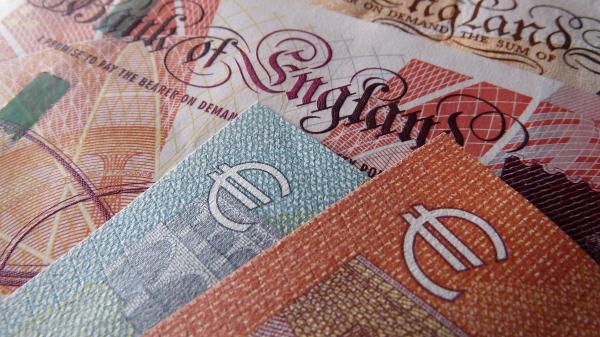
Hidden foreign currency fees ‘cost small businesses billions’
Small companies are losing billions of pounds in hidden bank fees for exchanging currencies, according to a study by Capital Economics.
Exchange rate mark-ups on international payments charged to small and medium-sized businesses add up to £4.1 billion, equivalent to £755 for every small company, the research found.
Smaller organisations lost almost ten times as much as big business and the cumulative bill has risen significantly over the past six years, with losses of about £3 billion for small and medium-sized businesses in 2010.
The government made an election pledge to end hidden fees on foreign currency. However, TransferWise, an online foreign exchange business which commissioned the research, said “this has not yet resulted in action”.
The company said it was calling on policymakers to “put an end to misleading pricing in foreign exchange for both SMEs and consumers”. The recent Competition and Markets Authority investigation into banking for small businesses did not consider the fairness or transparency of exchange fees.
Lloyds agreed to review its approach to charges after it emerged that those deemed “less sophisticated” were being charged additional, hidden fees to deal in foreign currencies.
The bank told foreign exchange traders that companies with annual turnover of less than £25 million could be charged up to 1.5 per cent extra in each trade. One in five companies which transfer money overseas at least every fortnight said that they had no idea how their bank charged them for these transfers, the research found.
Nilan Peiris, of TransferWise, said: “[Small companies] need to know how much we’re paying to use our own money — it’s just a basic consumer right.”
Verity Coleman, of Rascal & Roses, an interior design and online homeware shop, said: “Banks add extra complexity and expense to small business owners trying to capitalise on [international] opportunities. The terrible exchange rates offered by the banks coupled with delays in payments meant I didn’t always receive the full retail price for the item, especially once I was charged by my own bank for receiving foreign currency transactions. That’s a pretty awkward conversation to have to have with a customer. I’m amazed the banks haven’t been held to account.”

